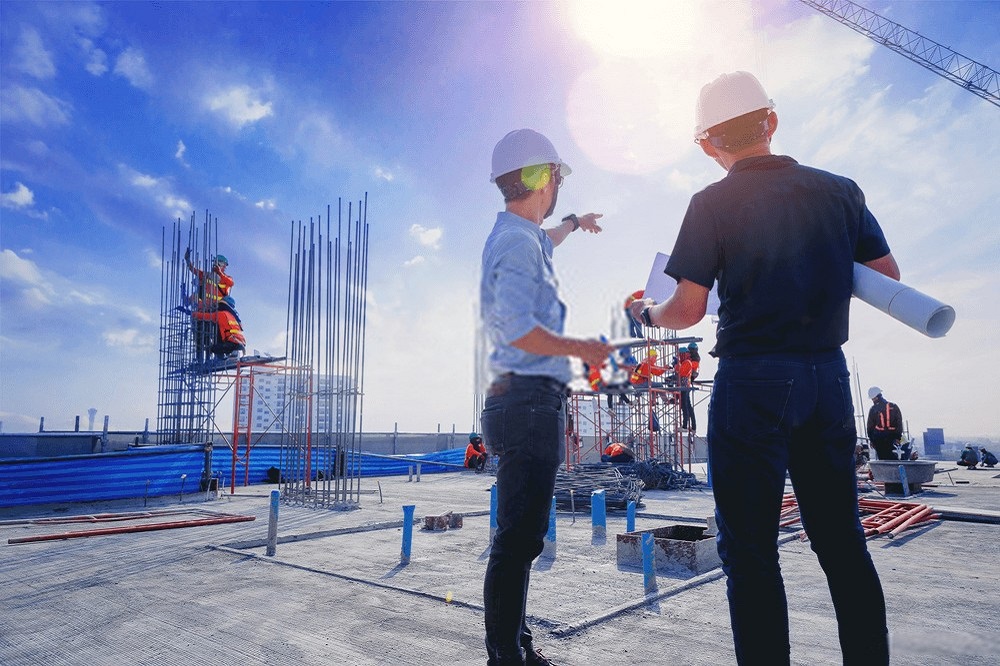 Important Documents For Admission (2025 - 2026)
Important Documents For Admission (2025 - 2026)

When you hear the word “smart,” what words come to your mind – brainy, sharp, genius, scintillating, fashionable? But which of these do you think represents it most accurately? The correct answer is, “All of them!” In other words, most people associate the word “smart” with being intelligent and having a good appearance. But is the meaning really that transparent in the 21st century? What about smartphones, smart watches, smart TVs, etc., which have become a part of our society? While most people know what these gadgets are, many haven’t heard the term “Smart Infrastructure.”
So, what is smart infrastructure? Well, the answer is complicated yet simple. Don’t worry, we won’t bore you with complicated and technical terminologies. The easy answer is that it’s an amalgam of all the above adjectives, but it’s only applied to infrastructure. So today, in this article below, we, at the Indore Institute of Science & Technology, one of the leading civil engineering colleges in Indore, will take you deeper into understanding what smart infrastructure is all about and what role civil engineers play in shaping up the same.
Understanding Smart Infrastructure
Smart infrastructure is a system of interconnected components that can communicate. These systems can be used for automation and optimization of processes as well as for data gathering and decision-making. The word “smart” in the definition refers to the ability of these systems to operate with minimal human input. It means they are adaptive, self-learning, and capable of responding to new situations independently.
Smart infrastructure is connected to the Internet of Things (IoT), the network of physical objects embedded or otherwise connected with electronics, software, sensors, actuators, and network connectivity that enable them to collect and exchange data. Now, let’s dig into the task of finding out further about the human elements, particularly Civil Engineers, and how they get involved in this process!
Civil engineers are the backbone of “smart infrastructures.” They are the ones responsible for planning, designing, constructing, and maintaining these infrastructures, and they do this with a lot of creativity and innovation. This makes it evident that civil engineers are more than just the designers and builders of buildings, roads, and bridges. They are crucial in envisioning and shaping intelligent, sustainable, safe, and resilient infrastructures that can be said futuristic in the true sense of the term.
The thing is that with the rapid technological advancements, we are very likely to see an increase in the use of AI systems for various purposes. AI systems can predict traffic patterns, detect and interpret images from surveillance cameras or drones, and even analyze medical data. But there is one area where AI systems have not been able to replace humans, i.e., decision making. It is because decision-making cannot be replaced with a computer algorithm. Even if an AI system has an overwhelming number of variables to work with, it still needs a human to decide what actions to take for the best outcome.
Outlined below are the various roles that human intelligence, especially civil engineers, play in creating and maintaining a smart infrastructure:
There shouldn’t be any doubt about the fact that civil engineers play a crucial role in developing and maintaining smart infrastructure. As you may know, smart infrastructure has been recently taking the limelight because it has emerged as a viable solution to keep from adding up to the issues of global warming and the depletion of natural resources. The world may face a severe crisis within a few decades due to the depletion of natural resources and global warming; thus, we have to welcome this change and open our arms to this exciting new world of smart infrastructure. Prime examples of these are solar energy, wind energy, electric cars, etc.
At IIST, one of the best civil engineering colleges in Indore, we firmly believe that smart infrastructure is where the future of civil engineering prominently lies. As such, it is very much important that the civil engineering aspirants of today attain good understanding of such future-centric projects. This is exactly what we do at our institute! No wonder our students have always been making us proud of their academic as well as professional achievements.